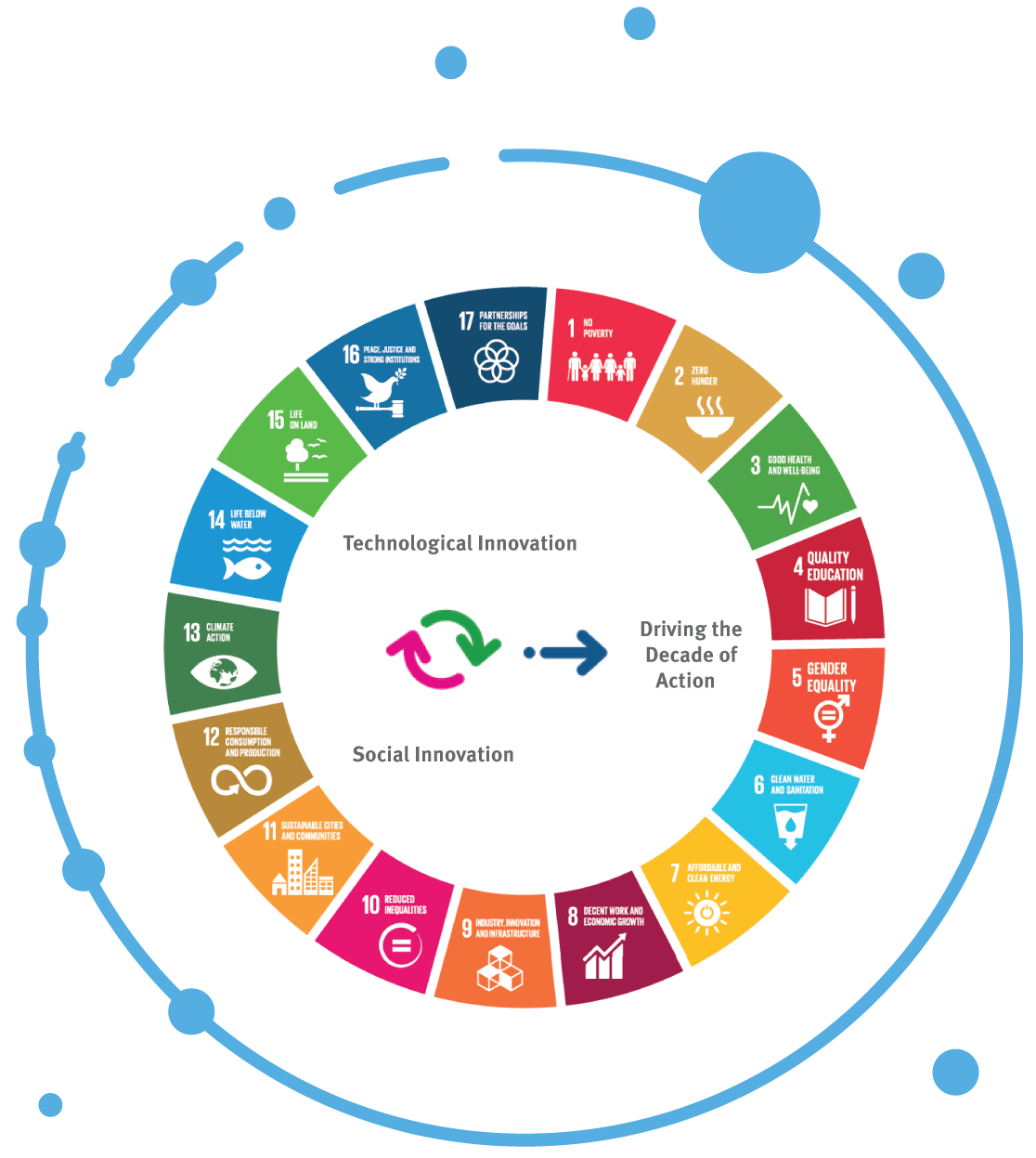Bridge for Cities 2021 will place a particular emphasis on innovations employed by cities to advance recovery and build resilience in the context of COVID-19, including those employed to accelerate climate action at the city-level.
At a time where the Decade of Action to deliver the Sustainable Development Goals (SDGs) has just started, the COVID-19 crisis forces policy-makers to think outside the box and identify innovative solutions. To advance such solutions, coordinated actions at all levels of government and by many stakeholders are required, including at the local level.
As pointed out in the recent UN Policy Brief ‘COVID-19 in an Urban World’, cities and municipalities are home to extraordinary solidarity and resilience. In many countries, cities and regions have core competencies for policy areas underlying the SDGs such as water, housing, transport, infrastructure, land use or climate change. Beyond SDG 11, which focuses on cities and communities, an estimated 65% of the 169 targets behind the 17 SDGs will not be reached without engagement of local and regional governments.
While the socio-economic economic crisis triggered by the lockdown measures has further exacerbated existing challenges in many cities, the authority vested in cities thus provides a unique window of opportunity to Mayors, local representatives and urban stakeholders to build back better and to realize resilient, inclusive, gender-equal and green economic recovery for the advancement of the SDGs.
Conducted for the fifth year in a row, Bridge for Cities 2020 provides a forum for Mayors and urban stakeholders to discuss and exchange views on relevant experiences, challenges and opportunities. This year’s event will place particular emphasis on green, social and technological innovations to respond and recover from the crisis and act as an accelerator for the SDGs, thus also helping to define the future of cities.
Concept Note


Key Themes

Inclusive Economic Recovery
The manufacturing sector has been one of the sectors most affected by the COVID-19 crisis, with the largest decline witnessed in micro, small- and medium enterprises (MSMEs). The sector plays a critical role not only for job and wealth creation, but also in the context of providing essential personal protective equipment (PPE). In many cities, notably in developing countries, economic decline during the crisis has followed income lines, with repercussions on citizens’ well-being and access to basic services. The response and recovery measures taken by cities to pursue inclusive growth and job creation are therefore of vital importance to develop livable cities.

Innovative Economic Recovery
Lockdown and social distancing measures in the trail of the COVID-19 crisis have disrupted our normal ways of living, working, and communicating. Digitalization has proven to be instrumental to overcome some of these difficulties, helping local governments to respond to ever-changing exigencies in terms of governance, social services, commerce, work and health. Promoting behavioural shifts and applying technology-based smart city solutions to managing the effects of COVID-19 are of continued importance to urban economy, even beyond the crisis.

Green Economic Recovery
Cities are engines for growth, as they are home to the great majority of a country’s productive, industrial and manufacturing activities. At the same time, they are paying the highest toll in terms of pollution and environmental degradation and have been severely impacted by the COVID-19 crises. The lockdown measures applied in the great majority of industrialized and other countries have had disastrous consequences on economic growth but a positive short-term environmental impact. This demonstrates that decisive, targeted, collective action can quickly transform the environment but must also be designed to drive sustained recovery. The crisis provides a unique opportunity to expand investments in an equitable green transformation, which will create lasting solutions and reduce the risks of future crisis and mitigate the impacts of climate change.
Agenda

Co-organizer

Partners





